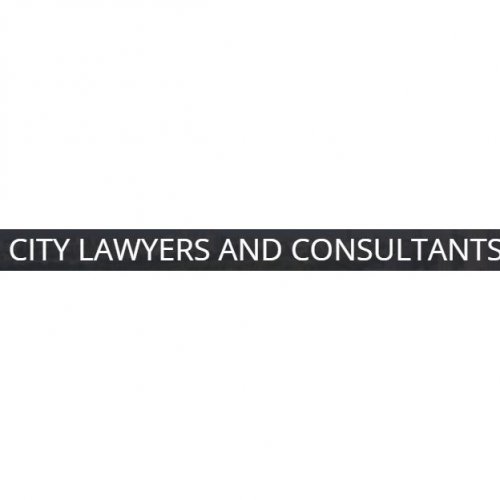Best Work Injury Lawyers in Chatswood
Share your needs with us, get contacted by law firms.
Free. Takes 2 min.
List of the best lawyers in Chatswood, Australia
About Work Injury Law in Chatswood, Australia
Work Injury law in Chatswood, Australia, falls under the broader spectrum of Australian Personal Injury Law which governs compensation for workers who've become injured or ill due to their work. Recognizing the critical role workers play in the economic growth, Australia has a comprehensive legal framework to safeguard their rights in the event of work-related injuries, illnesses, or accidents. In Chatswood, these legislative protections ensure injured or ill workers can access compensation for medical expenses, loss of wages, and in certain cases, lump-sum compensation.
Why You May Need a Lawyer
You may need a lawyer when navigating the complicated legal process for claiming work injury benefits, especially when disputes arise about the cause, nature, or extent of the injury, or the amount of compensation due. Lawyers can also aid in circumstances where the employer does not have enough insurance coverage or is reluctant to handle injury claims. They can provide guidance when calculating future losses and negotiating lump-sum settlements.
Local Laws Overview
The fundamental aspects of local laws relevant to work injury in Chatswood, Australia stem primarily from the Workers Compensation Act 1987 and the Workplace Injury Management and Workers Compensation Act 1998. The laws dictate that employers must have a workers' compensation insurance policy to cover if any of their employees get hurt at work. In case of injury, the worker has to notify the employer as soon as possible, and the employer is then obligated to record the injury and start the claims process. The provision to challenge decisions regarding claims, refusals, and reductions is also available.
Frequently Asked Questions
What type of injuries fall under the work injury law?
Work injury law covers any injury or illness that occurs due to or during the course of employment. This may include physical injuries, psychological traumas, diseases contracted at work, aggravation of pre-existing conditions, and injuries due to work-related motor vehicle accidents.
What type of compensation can I expect?
This may significantly vary on a case-by-case basis, but generally, you may be entitled to compensation for medical expenses, rehabilitation costs, loss of earnings, and possibly, lump-sum compensation for permanent impairment.
What if my employer doesn't have insurance?
Australian law mandates that all employers must hold workers' compensation insurance, and failure to do so may result in serious penalties. You may still be eligible to receive compensation for your injuries via public funds.
What is the process for filing a claim?
The first step is to report the injury to your employer. They are then obligated to start the claims process by notifying their insurance company. If there are disputes or complications, it's recommended to consult a lawyer.
Do I have to go to court?
Most workers' compensation claims are settled without going to court. However, if there are disputes over liability or the amount of compensation, the matter may end up before a tribunal or court. Lawyers can aid greatly in such situations.
Additional Resources
The State Insurance Regulatory Authority (SIRA) is the governing body regulating workers' compensation claims in New South Wales. Information is also available from the Workers Compensation Independent Review Office (WIRO), which provides free legal advice to injured workers.
Next Steps
If you believe you have a valid work injury claim, report the injury to your employer as soon as possible. Record the incident details, and collect evidence related to your injury, which may include medical records and witness statements. Consult with a legal professional to guide you through the claims process and secure the best possible outcome.
Lawzana helps you find the best lawyers and law firms in Chatswood through a curated and pre-screened list of qualified legal professionals. Our platform offers rankings and detailed profiles of attorneys and law firms, allowing you to compare based on practice areas, including Work Injury, experience, and client feedback.
Each profile includes a description of the firm's areas of practice, client reviews, team members and partners, year of establishment, spoken languages, office locations, contact information, social media presence, and any published articles or resources. Most firms on our platform speak English and are experienced in both local and international legal matters.
Get a quote from top-rated law firms in Chatswood, Australia — quickly, securely, and without unnecessary hassle.
Disclaimer:
The information provided on this page is for general informational purposes only and does not constitute legal advice. While we strive to ensure the accuracy and relevance of the content, legal information may change over time, and interpretations of the law can vary. You should always consult with a qualified legal professional for advice specific to your situation.
We disclaim all liability for actions taken or not taken based on the content of this page. If you believe any information is incorrect or outdated, please contact us, and we will review and update it where appropriate.








